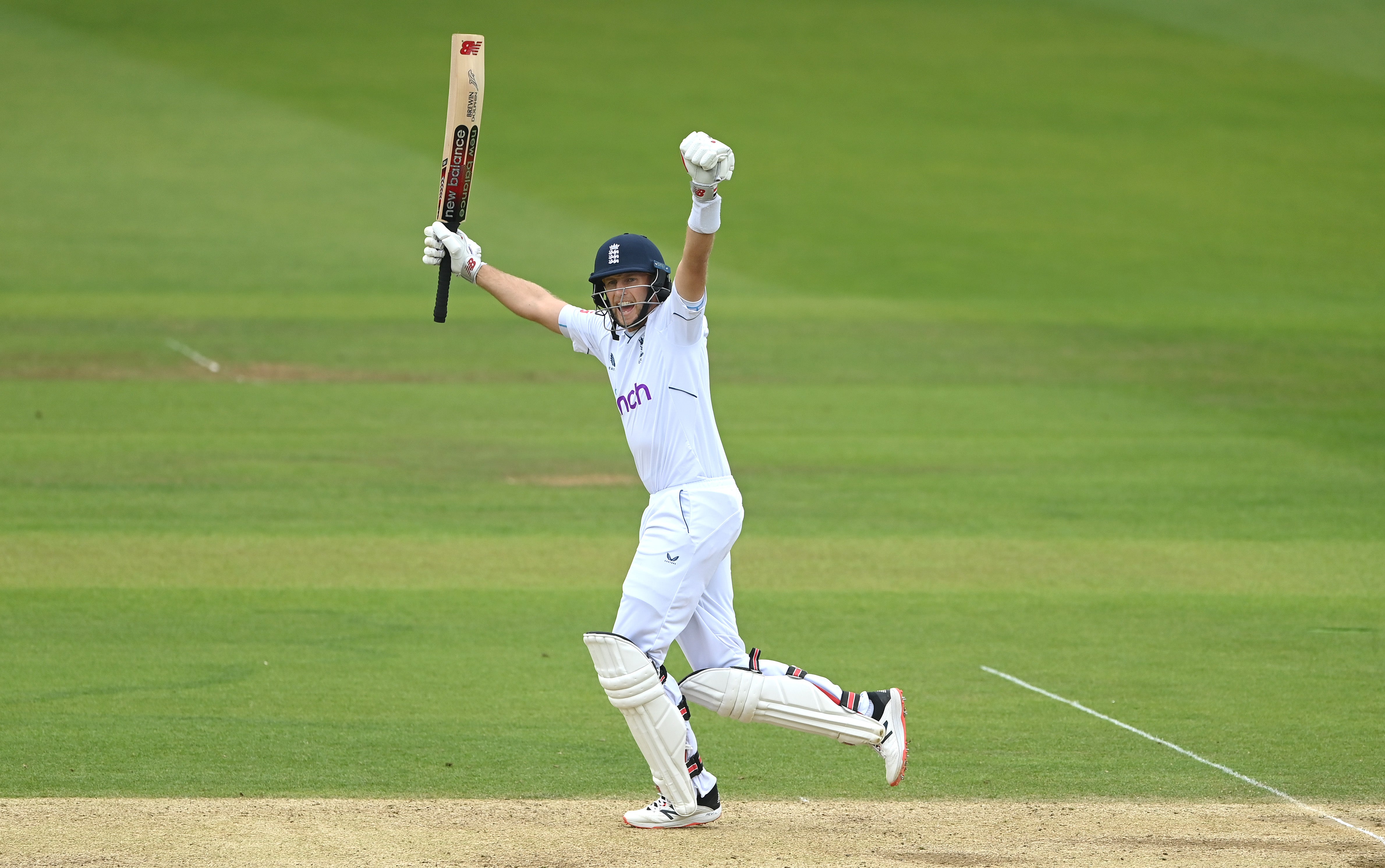Mea Culpa: Not guilty of aiding and abetting the prime minister’s publicity stunt
Questions of style and language in last week’s Independent, reviewed by John Rentoul


In a report from Ukraine, we said that “the maximum range of fire of the Armed Forces of Ukraine is 15.5 miles”. As Roger Thetford pointed out, this looked like “slavish conversion” from the original metric distance, which can be guessed at 25km by doing the reverse calculation.
He accused us of doing Boris Johnson’s work for him by converting the figure to miles, and also pointed out that we had retained metric units in the next sentence: “This is the range at which 152/155mm calibre artillery and the Grad MLRS units remaining in service can fire.”
We plead not guilty to aiding and abetting the prime minister’s public relations stunt regarding the bringing back of imperial weights and measures, and point out that our style has always been to use miles for distances. Our aim is to use the units with which our readers are most familiar. Given that most of our readers have some idea of how far a mile is, but know little about the internal diameters of gun barrels and rocket launchers, there is nothing wrong with using metric and non-metric in the same article – as long as they’re not being compared to each other.
We have to admit, however, that we committed the crime of spurious precision – or slavish conversion, as Roger calls it. There was no need for “15.5 miles” – “15” would have been easier for the reader to take in, especially as we repeated the offence in the following sentences, saying that the Russian forces have missiles that can strike from a distance of 186 miles, and rockets with a range of 43 to 50 miles, and a different kind of rocket with a range of 25 to 37 miles.
Those are more numbers, and more precise numbers, than are needed to make a simple point: that the Russian weapons have a longer range than the Ukrainian ones. For that, all we needed to do was compare the longest maximum range of the Ukrainian weapons – 15 miles – with the shortest maximum range of the Russian weapons – 25 miles.
Might still right: In a cricket report, we said: “Root was named player of the match for an outstanding unbeaten century in the fourth innings, completing a chase that may not have been possible without Broad’s game-changing new-ball spell on day three.” Paul Edwards wrote to say that he suspects the battle to keep “might” is a losing one. So it is, and language changes, but it is in the interest of The Independent not to be leading the charge, because older usages seem more authoritative.
Sweep of history: We got our “historic” and “historical” mixed up in a report of Labour’s attempt to find out more about the past tax status of Sajid Javid, the health secretary. We said the party had written to HMRC “requesting a fresh examination of the cabinet minister’s historic tax arrangements”. Thanks to Keith Bennett for pointing this out. It is an arbitrary convention, but “historic” usually means significant in the great sweep of history, while “historical” means something that happened a while ago – in this case, before Javid entered politics.
Informalcy: In “world news in brief” we reported: “Most restaurants in Beijing opened up yesterday as the Chinese capital crawled back to normalcy after more than a month of strict lockdowns.” Presumably, this was taken from a foreign news agency, the copy from which usually has to be translated from US English. On this occasion we missed “normalcy”, which is normally “normality” in British English.



Join our commenting forum
Join thought-provoking conversations, follow other Independent readers and see their replies
Comments